
Faith, Courage and Insecurity: Acupuncture Treatment for Fear-based Conditions
This seems to be a time of great fear and uncertainty. I don’t recall so many people around me feeling as vulnerable as they appear lately. Certainly the economic difficulties of the past year contribute. Being in a time of war, and the memory of the war being brought to our own land is also contributing to a sense of insecurity. One can retreat into fear and despair at times such as these. However, periods of uncertainty can also allow us to examine the issue of security in general: where does our sense of security come from? What is the base upon which our lives are built? In a world that is constantly shifting, how do we keep from falling apart every time we are faced with change, instability and uncertainty?
Many of the greatest innovations within Chinese Medicine occurred during times of great instability. The time of the Warring States (475-221 BC) allowed the birth of the great medical classic The Nei Jing, upon which Chinese Medicine is based. Times of epidemic also brought revolutionary contributions to the medicine. These difficult times pushed both the medical field and the common folk to examine what it takes to maintain and restore health.
During the time of the Nei Jing a greater emphasis was placed upon personal responsibility in maintaining health. The word responsibility is not meant as a judgmental term. Its intention is not to shame people, but to help set them free. Responsibility gives a person back a sense of control and action. It is very easy to feel a victim when difficulty arises in life: in one’s health, financial security or relationships. Being a victim strips a person of responsibility and therefore the ability to change or improve their circumstances. It is a self-defeatist state.
Fear is the biggest hindrance to a sense of responsibility. Fear is also a major contributor to health concerns: low back pain, reduced immune function, asthma.
The Buddhists often describe the habitual human mind as caught in fearful resistance to pain and discomfort, addictively grasping for pleasure and comfort. This puts a person into a state of bondage. Both states cause suffering: the pain for obvious reasons, the pleasure for the simple fact that sooner or later it will end.
Chinese Medicine is based upon Taoist philosophy. The acupuncture points and channels represent this world-view in their physical and mental actions on body function.
Taoist philosophy views human life as possessing a curriculum, or lesson the spirit has chosen to explore. The spirit calls to a person challenges to cultivate wisdom. Within each challenge is the opportunity to transcend the difficulty.
Transcendence within Taoist philosophy comes from letting go of resistance. The more we fight, the tighter our internal knots become. Fear of pain causes us to resist the pain, causing suffering to increase and endure. It’s like being caught in a giant spider web, panicking, struggling: allowing ourselves to become more tightly enmeshed.
I’m not suggesting that non-resistance is easy. I have experienced many sleepless nights in my life: caught in nameless fear, unable to relax: spinning myself tighter into the web of my insecurity. When I’ve asked myself what it is I’m afraid of, the only answer I can come up with is: uncertainty.
A great Chinese physician of the ancient time, has said all fear is fear of oneself. Within Chinese Medicine, fear is associated with the Kidneys and Gallbladder. These are the most common acupuncture channels and points to treat physical and mental issues associated with fear.
The Kidney is associated with the essential self. To many of us, our true self is a mystery. The imagery of the Kidney suggests this is natural. One of the chief acupuncture points located on the Kidney meridian associated with fear is called “The Mysterious Dark Gate” (KI-21). When one looks into oneself, they look into a mysterious space filled with darkness. The idea of meditation is shining the light of the Heart down into the mysterious darkness of the Kidney.
If looking into the mysterious depths of the self is associated with such fear, why do it? It is the Gallbladder that answers this question. The Gallbladder is the bridge between the meridians representing our normal daily life, and those representing our evolution: past and future. Taoist philosophy believes the curriculum is a given: one has chosen to explore certain issues. There is no escape from these lessons. If one cannot transcend these lessons in this life, they are brought by the Gallbladder into the next. The Buddhist teacher Pema Chodron calls this “the wisdom of no escape.”
As I am worrying myself into a tight net of suffering, all I am trying to do is escape. From what? The Gallbladder would say: myself. I am running away from my true self from lack of faith. If the challenges I’m being faced with were brought to me by my spirit, running from them is running from my spirit. Why would I want to run from my spirit; from myself? Another Kidney point provides an answer to this question. The point “Yin Metropolis” (KI-19) teaches that one must be within society to learn lessons to cultivate the spirit and know the self. The “Yin” aspect of the metropolis is the calm focus rooted in the self. The faith that comes from connection to the mystery of the self allows a calm demeanor amidst the busyness of the city. When one lacks faith and focus on one’s inner self, focus is directed outwards into the unpredictable world. It is like the ocean: on the surface the water is choppy and rough; yet below the surface, the water is calm and easier to navigate.
The fear in diving below the surface of the ocean, into the darkness of the self is rectified by the Gallbladder, which has the power to connect a person to his “marrow.” Within Chinese Medicine, the Brain is seen as the “Sea of Marrow:” the depository of the experiences of all lifetimes. At the very top of the head lies the point “100 Meetings” (GV-20): a point containing the image of meeting with the ancestors. When one is brought out of the small minded fears of daily survival into a greater view of where we come from, we can be emboldened. Taoist philosophy believes we inherit all that is unresolved within the family line. It is passed on to us. Therefore, “100 Meetings” can provide the awareness that we have the entire family line standing behind us: they all want us to succeed in resolving our lessons, as they will benefit as well. Courage can take the place of fear.
I cannot help but see all difficulties of health, mind and spirit in a spiritual light. For me, this has always been the way to transform my (sometimes debilitating) fear into courage. This is the main reason I decided to become an acupuncturist. I needed a compass along my journey. There needed to be a reason for my suffering. As well as a way out of it. I desire freedom. The Nei Jing provides this compass. I was not finding within the “metropolis” the compass I needed. It is very moving to me that the name of the second book of the Nei Jing is translated as “The compass of the soul.” To me, this is powerful medicine. A way to maintain and restore health, as well as a way to move toward freedom and wisdom.
When the insecurity comes, when fear overwhelms, when worry ties a knot in the abdomen, or anxiety puts a brick in the chest: meditate on the very top of the head, asking for the courage and expanded view from “100 Meetings.” Bring that energy down through “The Mysterious Gate” at the meeting on the ribs under the chest, through the “Yin Metropolis” near the center of the abdomen, down into the Kidneys. Breathe. Know that your spirit chose this: not to punish you, but to set you free.

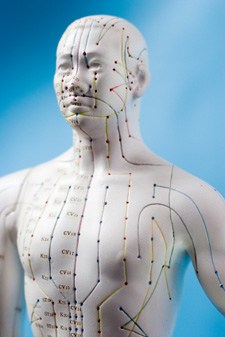
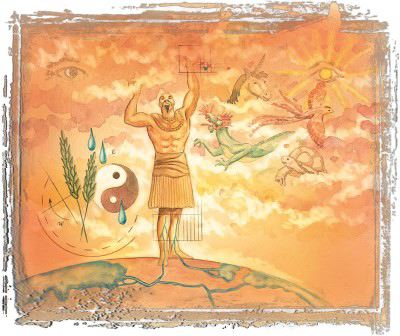
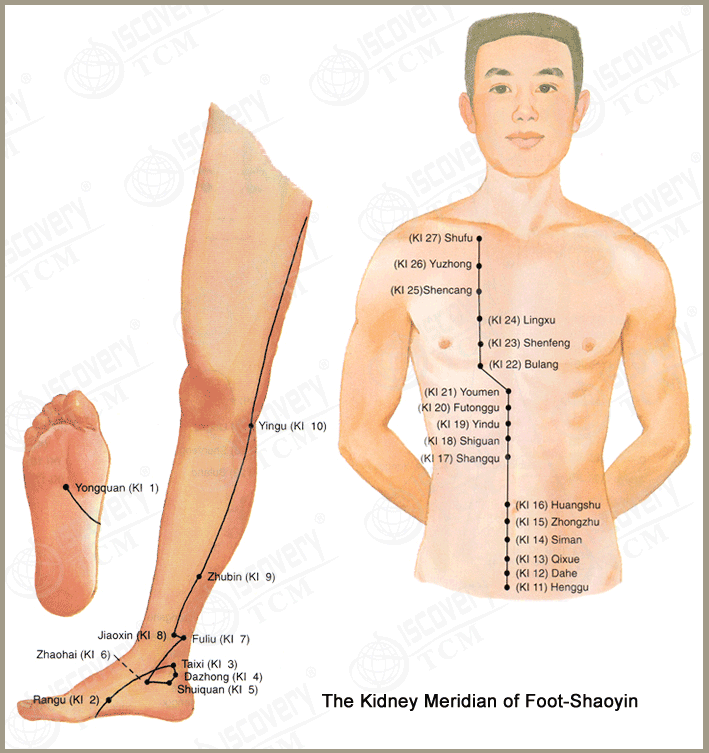
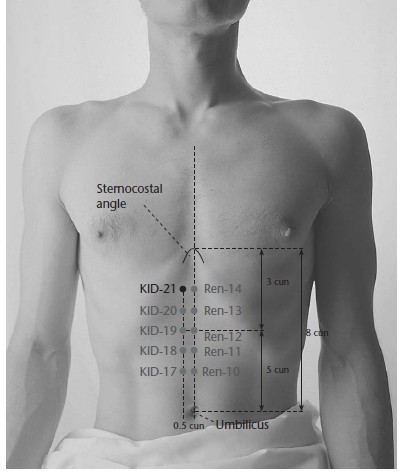
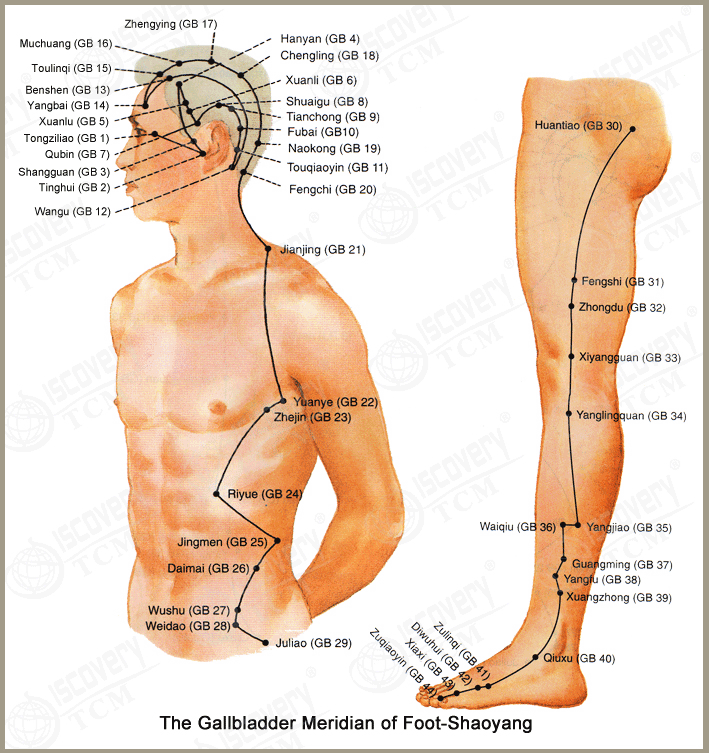
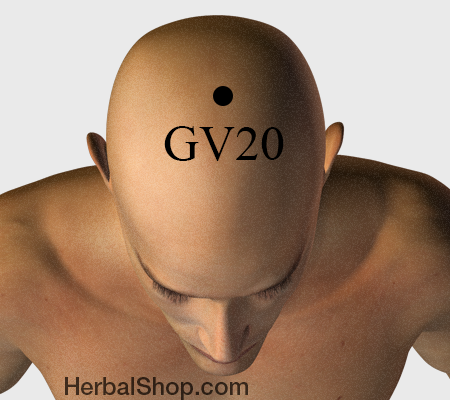
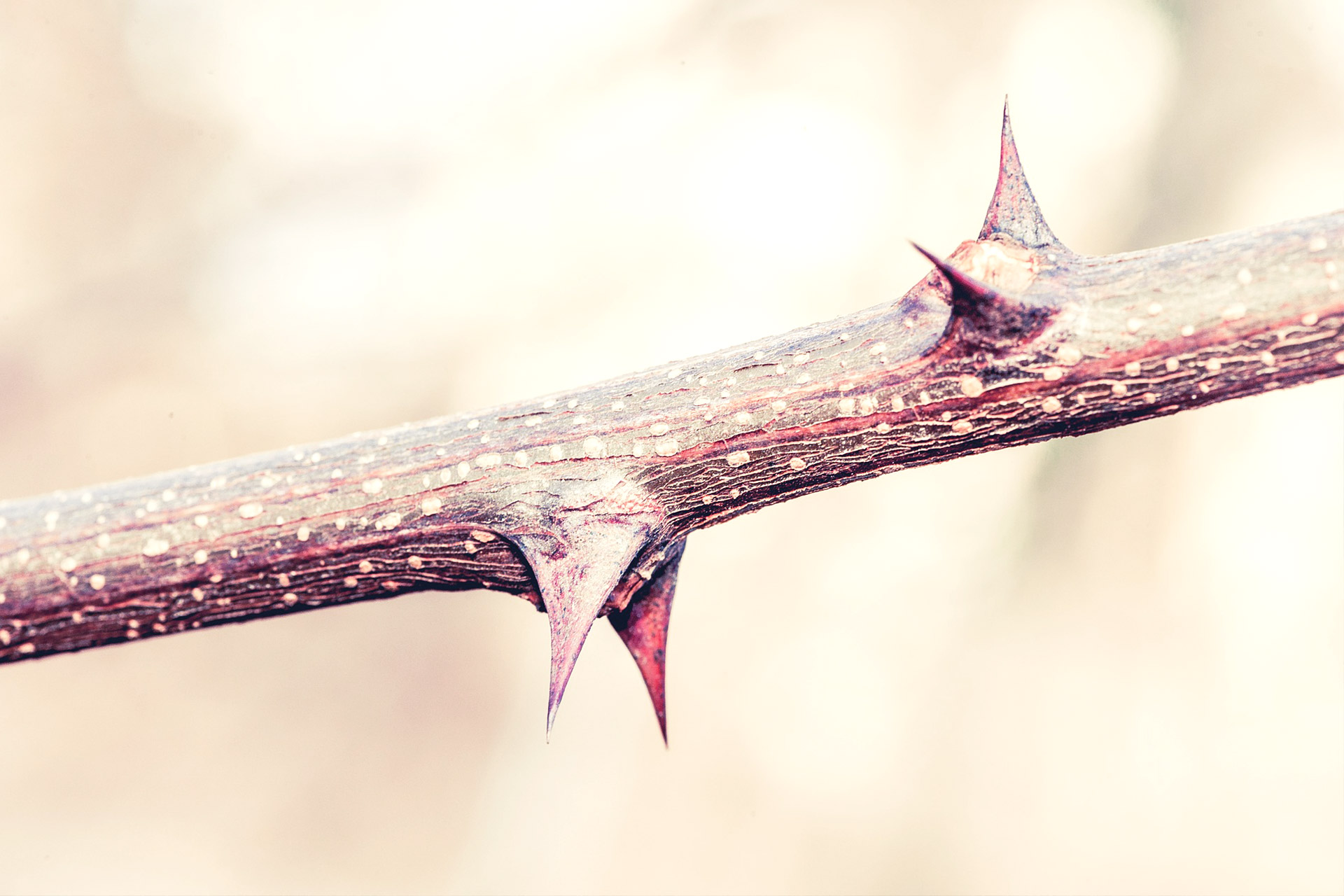

Barbara Goldschmidt
February 9, 2018 6:58 pmI have to print this and post it on my wall! Well done, Nicholas.